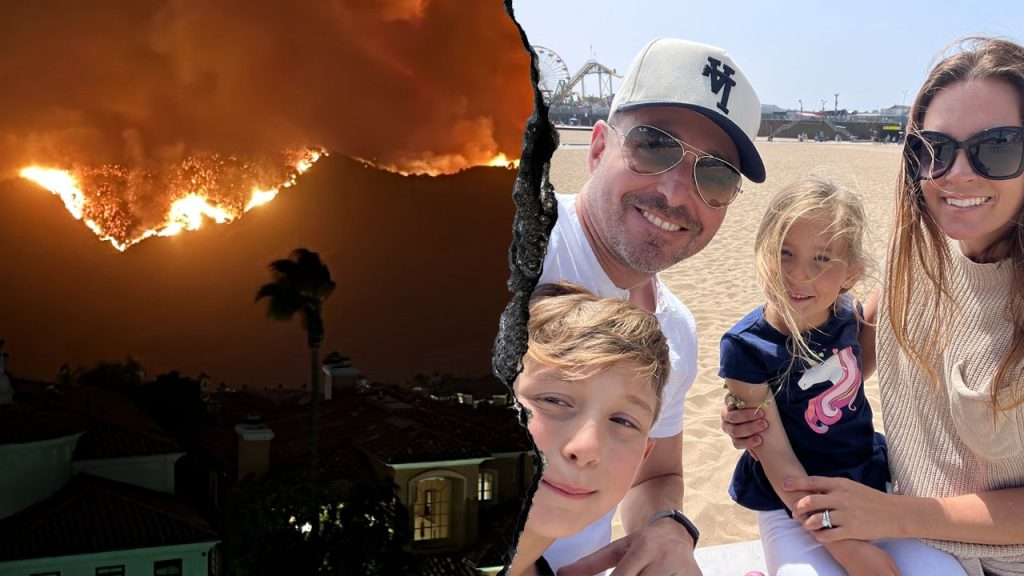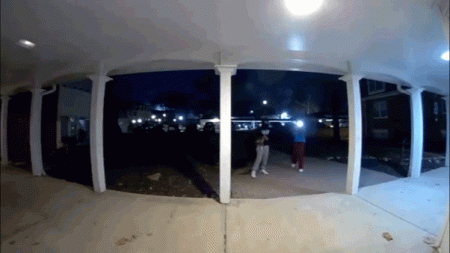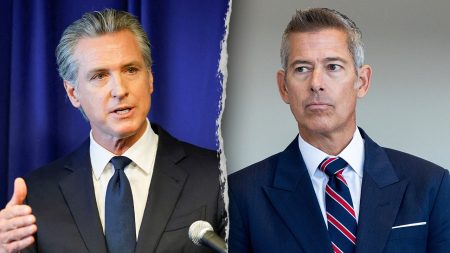Blake Mallen, a 44-year-old entrepreneur and lifelong California resident, found himself at the heart of the devastating January 2025 wildfires that ravaged the state. Having ensured the safety of his wife and two young children, Mallen remained at their Pacific Palisades home, desperately trying to protect it from the encroaching flames. His efforts, alongside his neighbor Alex, involved drenching the property with water, clearing flammable debris, and tirelessly extinguishing a multitude of “hot spots” that erupted around their homes. As darkness descended, however, the situation deteriorated rapidly. The intensifying winds whipped the flames into a raging inferno, transforming the once-familiar landscape into a terrifying spectacle of destruction. Mallen watched in horror as the fire, now a raging firestorm, relentlessly advanced, engulfing everything in its path.
The escalating crisis exposed a critical failure in the state’s emergency response system. As the fire intensified, the local water supply dwindled, leaving Mallen and his neighbor desperately resorting to buckets of pool water to combat the relentless embers. Despite the imminent threat, firefighters were noticeably absent. In a desperate search for assistance, Mallen located three fire engines parked some distance away, only to be met with the devastating news that they too were out of water. The firefighters, though willing and prepared, were rendered helpless due to the lack of this essential resource. This critical failure underscored the systemic inadequacies that left residents vulnerable in the face of such a devastating natural disaster.
Despite this setback, Mallen refused to surrender. He returned to his home and, alongside his neighbor, continued their valiant efforts to protect their properties using the limited pool water available. A glimmer of hope emerged the following morning when Mallen believed he had successfully saved his home. He even contacted his family to share the good news. However, this brief respite proved tragically short-lived. Smoke emanating from the attic of a nearby house, a harbinger of imminent destruction, shattered his hopes. The ensuing fire rapidly spread, engulfing neighboring homes, including Mallen’s, in its destructive path.
Witnessing the approaching inferno, Mallen frantically flagged down a passing fire truck, pleading with the firefighters to intervene. Recognizing the urgency of the situation, the firefighters, despite their limited water supply, launched a courageous defense. With chainsaws and sheer determination, they cleared vegetation and created a firebreak, battling tirelessly to contain the blaze. Their heroic efforts, however, proved futile against the overwhelming force of the fire, exacerbated by the continuing water shortage. The fire eventually reached Mallen’s attic, and despite their valiant attempts, his home was consumed by the flames. Mallen’s story highlights the bravery of individual firefighters, while simultaneously exposing the systemic failures that hampered their effectiveness.
The devastating loss of his fully paid-off home was compounded by the discovery that Mallen had been dropped by his insurance company, State Farm, just months prior. This left him feeling betrayed and exposed, questioning the systems he had trusted to protect him and his family. Mallen, a self-made entrepreneur who embodied the American dream, was left questioning how a system designed to provide security could fail him so profoundly. He criticized the state’s leadership, emphasizing the irony of paying exorbitant taxes yet lacking basic resources like water to protect his home. His story encapsulates the widespread frustration and disillusionment felt by many Californians who felt abandoned by the very systems designed to protect them.
Mallen’s experience resonated with countless other families displaced and devastated by the wildfires. His voice became a symbol of the collective outcry against the perceived failures of leadership and the urgent need for systemic change. He called for accountability and a thorough investigation into the circumstances that led to the water shortages and the inadequate response to the crisis. His story sparked a larger conversation about disaster preparedness, resource management, and the responsibility of leadership to protect its citizens. Mallen’s resilience and determination to rebuild, both personally and for his community, became a beacon of hope amid the widespread devastation. He channeled his grief and anger into a call for change, vowing to hold those responsible accountable and to work towards creating a more resilient and responsive system for the future.











